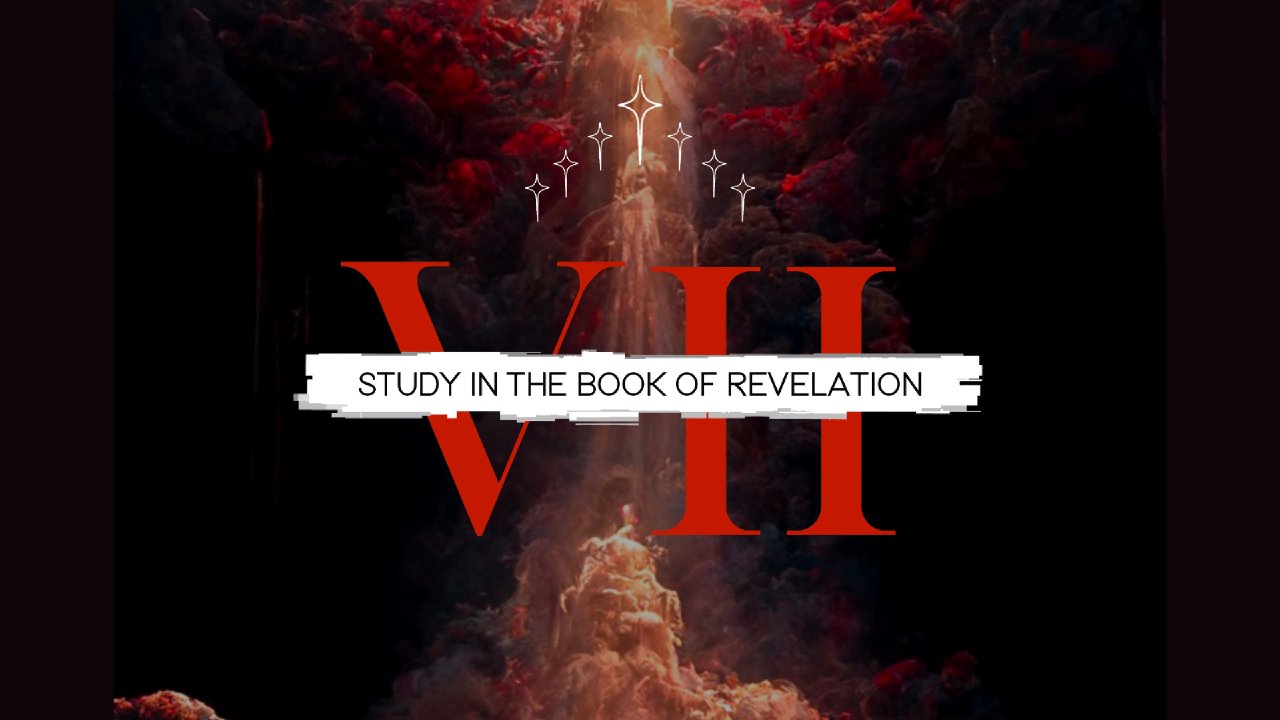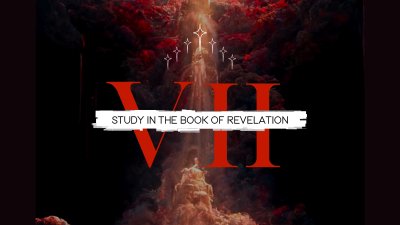Sometimes major cities are so close geographically that it is customary to mention them together. Minneapolis-St. Paul, Dallas-Forth Worth and Tampa-St. Petersburg all share such proximity that they are like one large metropolis. The name of ancient Sardis is a plural noun, representing two neighboring places, one an impregnable fortress on a hill, and one a thriving trade city at the bottom of the hill. Sardis was the capital of the Roman province of Lydia. At the time of the writing of Revelation, the city’s glory days had long since passed. The decline of the spiritual condition of the church at Sardis mirrored the city’s fallen status. In this passage, the risen Christ calls the church at Sardis to remember, to wake up, and to repent. Jesus’ words are gracious, stirring the dying embers of a church whose flame is all but extinguished.

Revelation 3:1-6
The Church at Sardis
December 11, 2022 • Joe Burrows • Revelation 3:1–6
More from
Revelation - Cartersville





